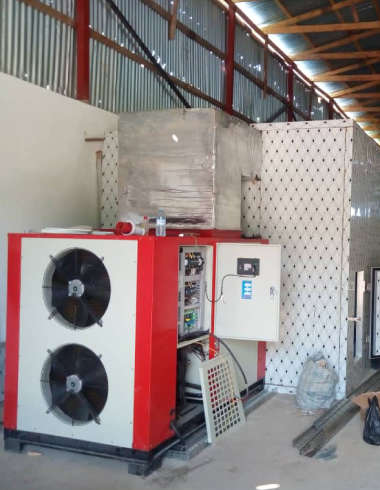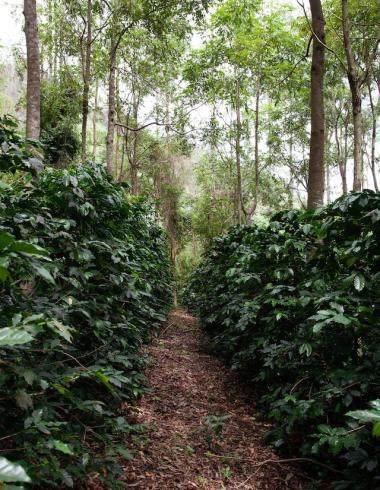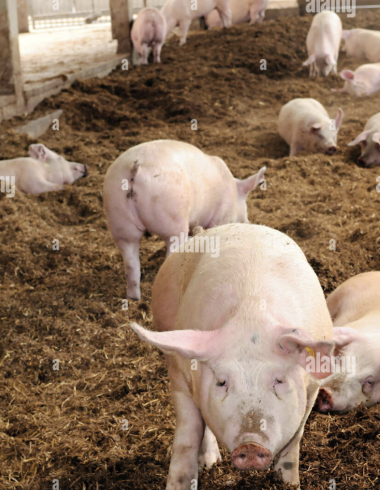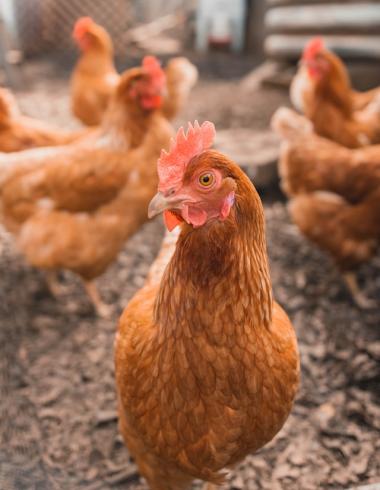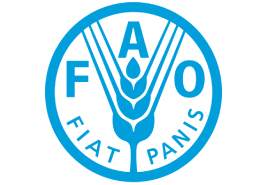LIMA Farm primarily targets Breweries Limited, bakeries, and biscuit industries as its key customers. These industries have a significant demand for cassava products, making them ideal partners for LIMA Farm’s cassava processing plant. The processed cassava products, such as cassava flour and other cassava-based ingredients, cater to the specific needs of these businesses.
Additionally, LIMA Farm produce composite flour consisting of cassava, maize, and sorghum. This unique blend of ingredients offers versatility and nutritional benefits. The composite flour is particularly targeted towards the Kenyan market, as it has shown a positive reception and acceptance of this type of flour. By capitalizing on this demand, LIMA Farm aims to establish a foothold in the Kenyan market and meet the growing needs of consumers seeking healthier and more diverse flour options.
By strategically identifying and engaging with these target customers, LIMA Farm has built strong partnerships, ensured a steady market for its products, and contributed to the overall growth and diversification of the cassava industry.
Local Consumers of Fresh Cassava: Some of the cassava is sold to individual traders who specialize in selling fresh cassava for consumption in the local market. The price of processed cassava has been increasing recently, with a kilo of cassava fetching approximately 2000 Ugx in Gulu Market.
Ethanol Factory: Bukona factory in Nwoya District is currently producing ethanol from cassava. They require dried cassava instead of high-quality cassava flour (HQCF). LIMA Farm has the option to dry the excess cassava using local rudimentary methods and sell the dried cassava to Bukona Factory. The current purchasing price for a kilo of dried cassava is approximately 850 Ugx.
Breweries: Uganda Breweries, through their Local Raw Material Support Programme, is purchasing HQCF from local farmers through a third party. LIMA Farm is currently working on signing a contract with Uganda Breweries Limited to supply HQCF to the breweries.
Bakeries: Some bakeries are incorporating HQCF into their products as a partial replacement for wheat due to the rising cost of wheat. However, this market is not readily available, as there is limited awareness of HQCF, a lack of supporting legislation for including HQCF in wheat flour, and insufficient government support to boost cassava production.
International Market: Composite flour made from cassava, maize, and sorghum is not widely accepted and consumed in Uganda, but it is highly consumed in Kenya and South Sudan. LIMA farm is exploring these markets to ensure a consistent supply to a larger market. If tapped into effectively, this could potentially become a substantial market opportunity.

Our Impact
For Both Local & International Markets


